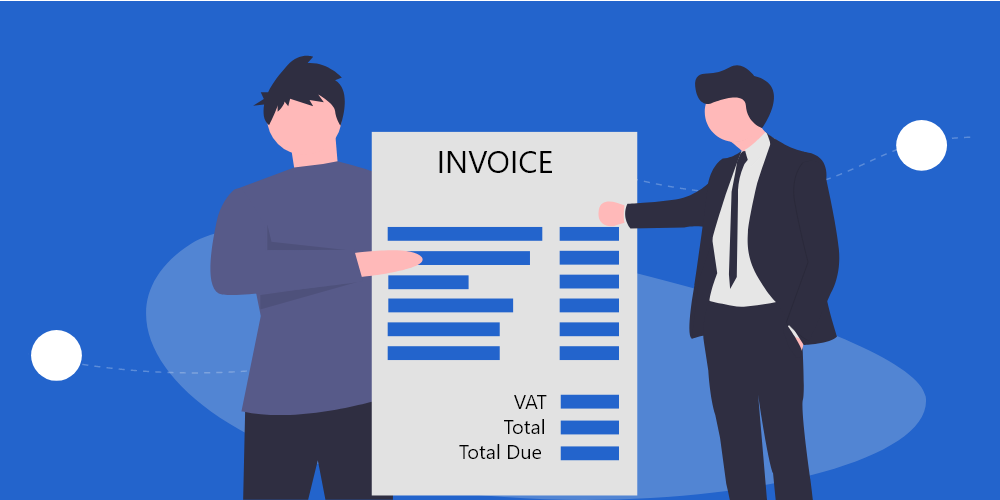Self-billed e-invoices represent a significant aspect of the e-invoicing system, enabling buyers to take on the role of the supplier in certain transactions. This process helps streamline accounting and compliance for both parties involved. As outlined in the IRBM E-Invoice Specific Guideline Version 3.0, e-invoices are essential for various scenarios. This guide provides an in-depth look into when and how to use self-billed e-invoices effectively.
When to Issue a Self-Billed E-Invoice
It is issued by the buyer instead of the supplier in specific circumstances:
Payments to Agents, Dealers, and Distributors
When concluding transactions with agents, dealers, distributors, or similar parties, it’s crucial to issue self-billed e-invoices. This process ensures proper documentation and compliance with tax regulations. The roles in this scenario are as follows:
- Supplier: Agent / Dealer / Distributor
- Buyer: Seller (assumes the role of Supplier to issue the e-invoice for proof of expense)
Need help navigating self-billing?
Contact us today to get personalised advice and support for your business needs. Our experts can help you streamline your invoicing process and ensure compliance with all relevant regulations.
What About Having Transactions with Foreign Suppliers?
For transactions involving foreign suppliers, the Malaysian purchaser must issue a self-billed e-invoice to document the expense. The roles here are:
- Supplier: Foreign Seller
- Buyer: Malaysian Purchaser (assumes the role of Supplier to issue an e-invoice for proof of expense)
Confused about issuing e-invoices for foreign transactions?
Get in touch with our team for expert guidance and support. We’ll help you ensure that your e-invoices are accurate and compliant with Malaysian tax regulations.
Self-Billed E-Invoices for Profit Distribution
When distributing profits such as dividends, buyers are required to issue e-invoices. The roles for this process are:
- Supplier: Recipient of the distribution
- Buyer: Taxpayer making the distribution
Issuance Steps:
- The distributing taxpayer will issue a dividend voucher to the recipient.
- The same taxpayer must then issue an e-invoice to document the distribution and serve as proof of income for the recipient.
Need assistance with issuing e-invoices for profit distributions?
Contact us for expert advice and to streamline your invoicing process. Our team can help you ensure compliance and efficiency in your financial documentation.
Managing Self-Billed E-Invoices for E-Commerce Transactions
For e-commerce transactions, buyers are responsible for issuing self-billed e-invoices. The roles here are:
- Supplier: E-commerce platform provider
- Buyer: Purchaser
Issuance Details:
- E-commerce platform providers must issue an e-invoice upon the purchaser’s request, or provide a receipt if the purchaser does not request an e-invoice.
- Providers can aggregate transactions with no e-invoice requests and submit a consolidated e-invoice monthly, within seven days after the month-end.
Additional Circumstances Requiring Self-Billed E-Invoices
- Pay-Outs to Betting and Gaming Winners
For payments to betting and gaming winners, self-billed e-invoices are needed. - Transactions with Individuals Not Conducting Business
Buyers must issue e-invoices for transactions with individuals who are not conducting a business, except where other scenarios apply. - Interest Payments
Self-billed e-invoices are required for interest payments made by businesses, except in specific cases involving financial institutions, employees, or foreign payors. - Claims, Compensation, or Benefits from Insurance
For claims, compensation, or benefit payments from insurance businesses, buyers must issue e-invoices.
Process for Issuing Self-Billed E-Invoices
- Role of the Buyer: When required, the buyer assumes the role of the supplier and issues the e-invoice to IRBM for validation.
- Sharing with Supplier: Once validated, the buyer must share the self-billed e-invoice with the supplier. Submit the e-invoice via the MyInvois Portal or API, and it will include a QR code for verification.
- Concessions for Sharing: The IRBM allows buyers to share either the validated invoice or its visual representation with the supplier until further notice.
Essential Information to Include in Self-Billed E-Invoices
Include the following details in your e-invoice:
- Supplier’s Name and TIN: For both Malaysian and non-Malaysian individuals and businesses.
- Supplier’s Identification Number: Depending on whether the supplier is an individual or business.
- Supplier’s Address and Contact Number: To ensure accurate communication.
- SST Registration Number and MSIC Code: Where applicable.
- Business Activity Description and Classification: For accurate categorization.
Final Thoughts on Self-Billed E-Invoices
Understanding the process of issuing self-billed e-invoices is crucial for compliance and efficient transaction management. Businesses can easily navigate invoicing by following the IRBM guidelines and including all necessary details.
